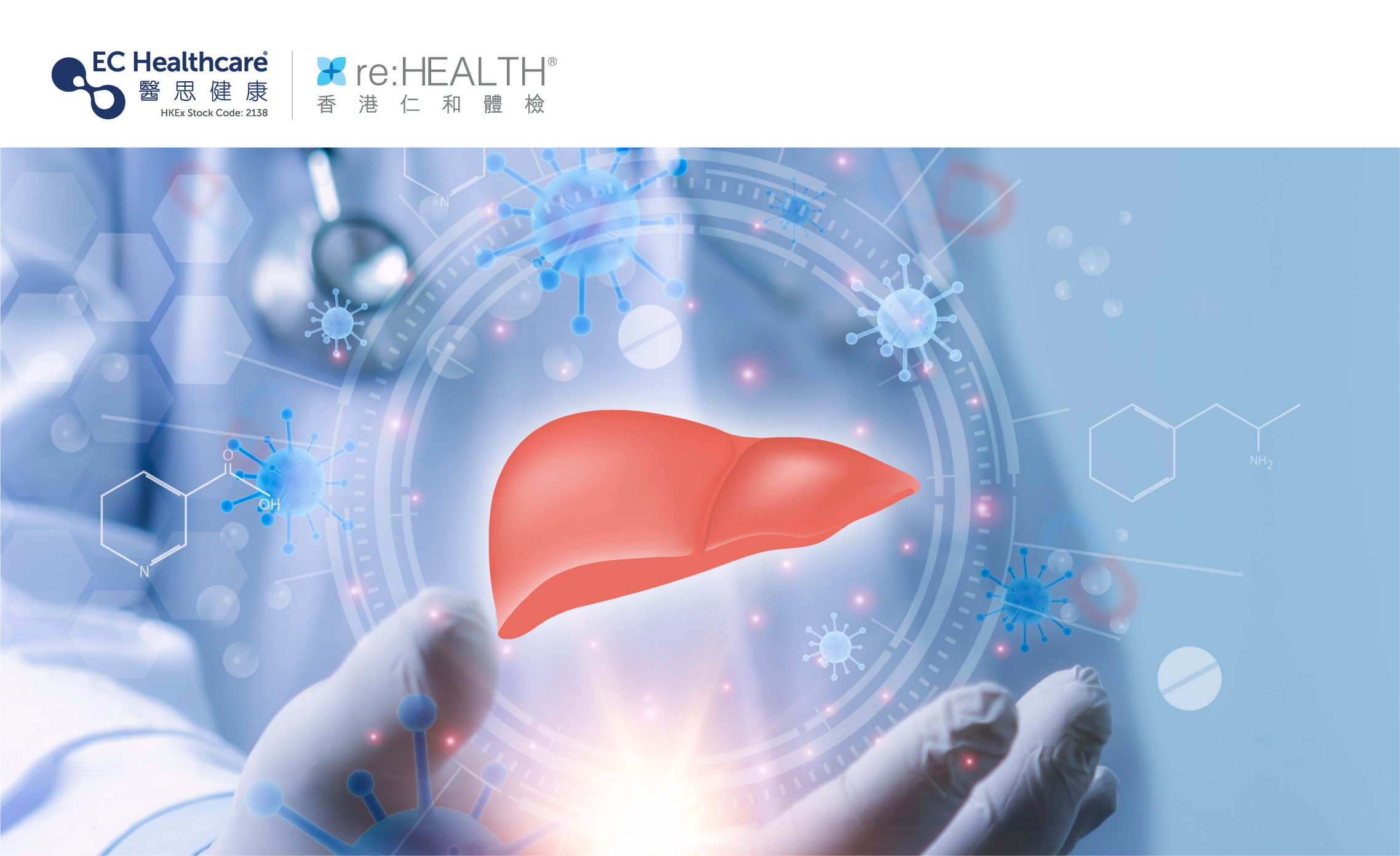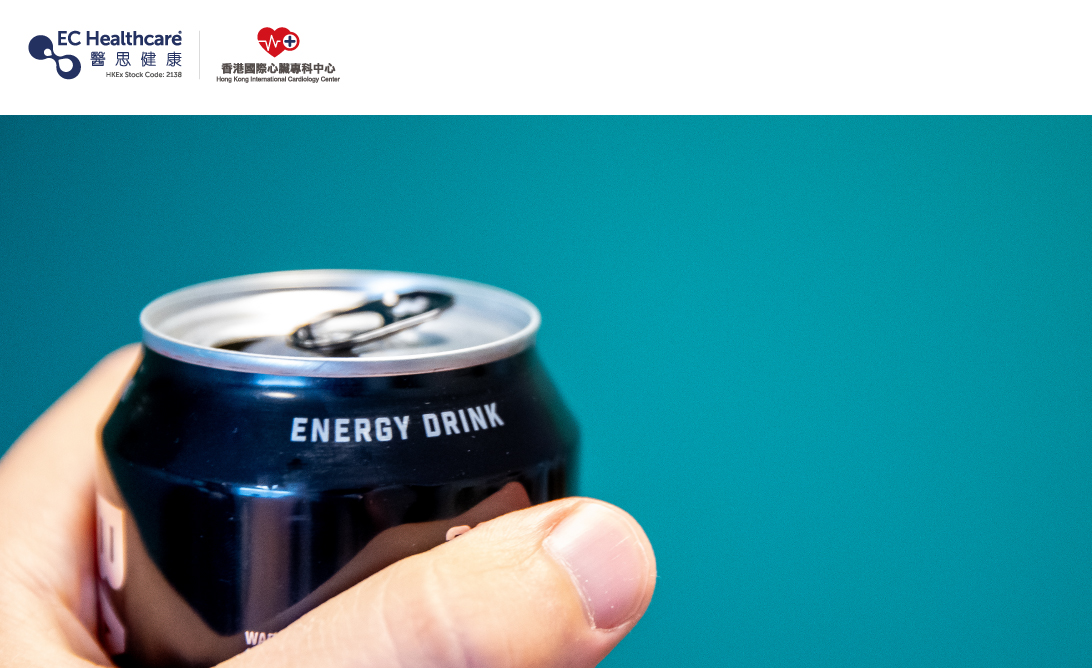Do you have "Pre-hypertension"? 3 Tips to Prevent Hypertension


A 40-year-old female office worker has recently discovered that her blood pressure is relatively high, with her systolic pressure hovering at 130 and her diastolic pressure at over 80. In fact, according to the World Health Organization (WHO) guidelines, she is already suffering from "pre-hypertension", which, if left unattended for a long time, could easily become hypertension and affect vascular health.
When she found out about her condition, her first question was "Do I need to take any drugs? In fact, many patients with pre-hypertension or hypertension are now using "Lifestyle Medicine", which is to prevent, manage and even treat the disease through lifestyle changes, in order to stop hypertension from getting worse. The following 3 tips can effectively reduce high blood pressure:
1. Cut back on sauces, eat more whole foods
The WHO recommends a daily intake of one teaspoon (5g) of salt for adults, but most Hong Kongers consume 8-9g per day because they often eat out. If you are a restaurant-goer, try to choose dishes without sauce and never blend your rice with sauces. For example, baked potatoes are healthier than fried potatoes, and brown rice is better than white rice. These foods are usually lower in glycemic index and lighter in taste. As you get used to eating these foods, your taste buds will become more sensitive and will naturally resist foods that are too salty. Processed foods are high in sodium. Crisps, noodles, frozen pizza and canned food are all sodium-rich categories and should not be consumed in excess.
2. Eat more fruits and vegetables high in potassium
The right amount of potassium helps the body to get rid of sodium (salt). Many fruits and vegetables are rich in potassium, such as bananas, avocados, dragon fruit, tomatoes, beans, potatoes, sweet potatoes, pumpkins, spinach, broccoli, etc. Daily consumption helps remove excess salt from the body.
3. Sugar raises blood pressure
High sugar intake has a grave impact on blood pressure. This is because foods high in sugar raise insulin and interfere with the sympathetic nerves, leading to an increase in blood pressure. In addition, sugar reduces nitric oxide levels in the body as this substance helps to relax blood vessels and relieve blood pressure. So, it’s better to keep sweets to a minimum.






